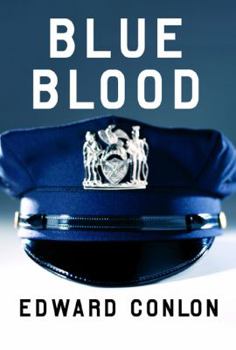Blue Blood
Select Format
Select Condition 
Book Overview
"A great book... with the testimonial force equal to that of Michael Herr's Dispatches."--Time Edward Conlon's Blue Blood is an ambitious and extraordinary work of nonfiction about what it means to... This description may be from another edition of this product.
Format:Hardcover
Language:English
ISBN:1573222666
ISBN13:9781573222662
Release Date:April 2004
Publisher:Riverhead Books
Length:562 Pages
Weight:2.02 lbs.
Dimensions:1.7" x 6.4" x 9.6"
Age Range:18 years and up
Grade Range:Postsecondary and higher













